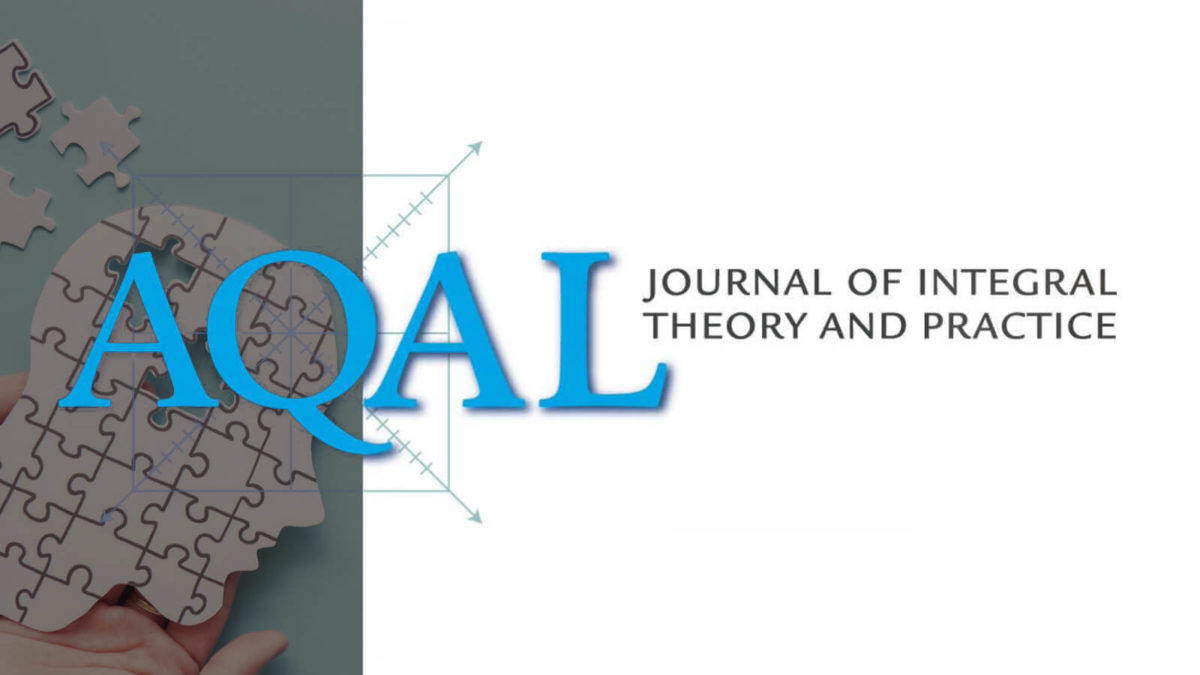This article explores how Integral Theory can serve the discipline of psychology in its current, parochial state by offering a framework for unification. While psychology has evolved as a science, the trend toward specialization has rendered it fragmented. Numerous efforts at unification have failed to draw the many specializations together. Until now, no unification theory has offered a sufficiently broad and deep framework to include all aspects of psychology. This paper offers a view of how Integral Theory can serve as a uniting framework for psychology as well as its individual disciplines.
Become a member today to access this Journal article and support the global emergence of Integral consciousness
Membership benefits include:
Premium Content
Receive full access to weekly conversations hosted by leading thinkers

Journal Library
Receive full access to the growing Journal of Integral Theory & Practice library

Live Experiences
Stay connected by participating in Integral Life live events and discussions
Courses & Products
Get unlimited 20% discount off all products and courses from our friends and partners

Free Bonus Gifts
Download The Integral Vision eBook by Ken Wilber (worth $19 on Amazon) & The Ken Wilber Biography Series

Support of the movement
Support our mission of educating and spreading integral consciousness that is more critical than at any time in its history
About Elliott Ingersoll
Elliott Ingersoll is a licensed psychologist and clinical counselor in Ohio. He is professor of counseling/ counseling psychology and “Distinguished Faculty Member” at Cleveland State University. His research interests span a broad spectrum including psychopathology, mental health diagnosis, psychopharmacology, and spirituality in counseling and psychotherapy.

